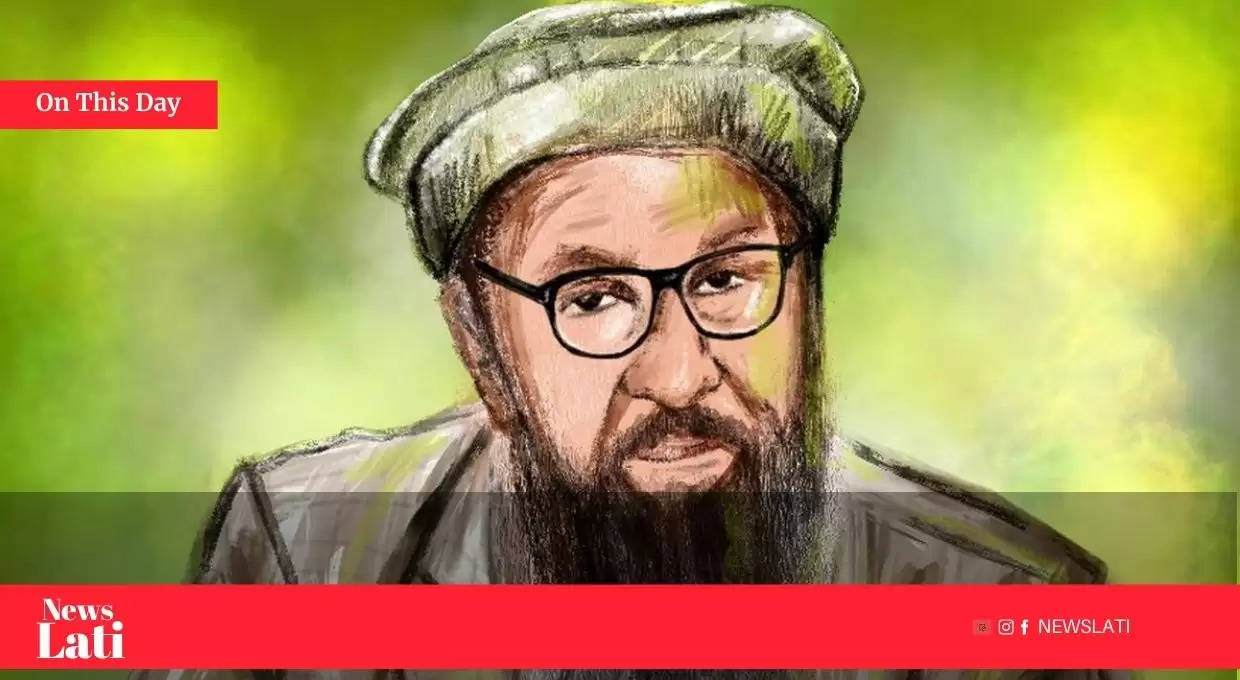Hafiz Abdul Rahman Makki, Mastermind of Mumbai Attacks, Dies in Lahore

-
Hafiz Abdul Rahman Makki, key figure in 2008 Mumbai attacks, dies of heart attack.
-
Makki, brother-in-law of Hafiz Saeed, was JuD's deputy chief.
-
Convicted for terror financing in 2020, later designated global terrorist by UN.
-
His death marks the conclusion of a long history with terrorism in South Asia.
On December 27, 2024, Hafiz Abdul Rahman Makki, a notorious figure in the landscape of global terrorism, passed away in Lahore from a heart attack. Makki, who was the deputy chief of the banned Jamaat-ud-Dawa (JuD), had been under treatment for diabetes at a private hospital when he succumbed to his health condition. He was well-known for his pivotal role in orchestrating the 2008 Mumbai attacks, an act of terror that resulted in the loss of 166 lives, marking one of the darkest moments in India-Pakistan relations.
Makki's connections extended beyond the Mumbai attacks. He was the brother-in-law of Hafiz Saeed, the founder of Lashkar-e-Taiba (LeT), and had been deeply involved in the terror group's operations. His influence was also evident in other significant attacks, including the 2000 Red Fort assault in Delhi. His network included ties to key figures like Mullah Omar of the Taliban and Ayman al-Zawahiri of al-Qaeda, highlighting his extensive reach within terrorist circles.
In 2020, Makki faced legal consequences when he was convicted by a Pakistani anti-terrorism court for terror financing, receiving a sentence of six months. However, he maintained a low profile after his conviction. His status escalated when, in January 2023, the United Nations Security Council officially listed him as a global terrorist, which led to an assets freeze, travel restrictions, and an arms embargo against him.
The death of Makki has sparked a range of reactions across media outlets in India and Pakistan, with many acknowledging the end of a significant era in South Asian terrorism. While his demise does not undo the damage caused by his actions, it does close a chapter in the ongoing narrative of terrorism in the region. The legacy of Makki, however, will continue to be a point of discussion in terms of the impact of terrorism and the fight against it.
